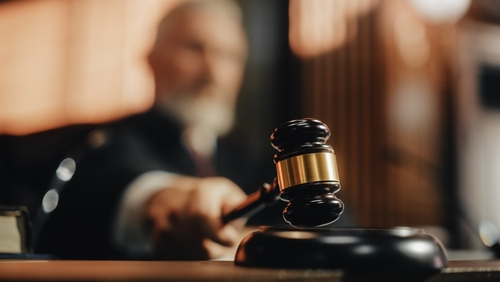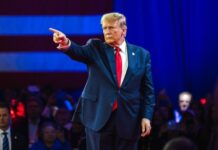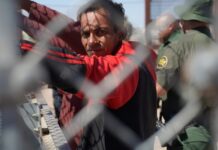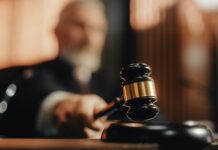
In a significant development following a U.S. Supreme Court decision, the Department of Justice (DOJ) is dropping obstruction charges against numerous defendants involved in the January 6, 2021, Capitol riot. The ruling has prompted federal prosecutors to reassess cases against those charged with "obstruction of an official proceeding," a felony that carried severe penalties, including up to 20 years in prison.
The Supreme Court’s decision in United States v. Fischer held that the DOJ overextended its use of the obstruction charge, narrowing the statute’s application. As a result, the DOJ has started dropping these charges for several defendants, including those awaiting trial or sentencing. This shift has raised questions about the future of other pending cases and the broader implications for those who have already been convicted.
🚨BREAKING: President Trump plans to “purge the administrative state” by firing career bureaucrats from the DOJ and the FBI !!
Do you approve?
YES or NO pic.twitter.com/u4zhpR23pX— Save America 🇺🇲 (@usanews0) June 24, 2024
So far, the DOJ has charged 259 individuals with the felony obstruction count. Among these, around 133 have already been sentenced, with approximately 50 people serving time solely on the obstruction charge. However, with the DOJ's recent move, up to 126 defendants could see these charges dropped or reduced as their cases proceed through the courts. This could potentially alter their legal outcomes significantly, reducing their sentences or leading to plea deals.
The case of Deborah Lynn Lee, a Pennsylvania resident, illustrates the DOJ's retreat. On her birthday, August 2, her obstruction charge was dismissed without explanation. Lee, who initially faced up to 23 years in prison and fines reaching $460,000, now confronts lesser misdemeanor charges with a maximum potential sentence of three years. Similarly, charges have been dropped in the case of Michael Pope, another defendant involved in the January 6 events, with prosecutors citing the "interest of justice" in their decision.
🚨🚨🚨BREAKING,
AFFIRMED, CONFIRMED and RE-CONFIRMED:
The Department of Justice, the Democrat Times, and Kamala Harris officially blackmail the Biden crime family,
Joe Biden you were overthrown!!
The DOJ officially CONFIRMS Hunter Biden was bribed by a criminal Romanian… https://t.co/QkwG31Nfny pic.twitter.com/vz3B8TZef7
— 🇺🇸RealRobert🇺🇸 (@Real_RobN) August 17, 2024
These developments underscore the DOJ's recalibration in light of the Supreme Court's ruling. Prosecutors are now carefully evaluating their approach to the obstruction statute while continuing to prosecute other charges related to the January 6 riot. Despite this, not all defendants will benefit.
Those who have already pleaded guilty to the obstruction charge, like members of the Proud Boys, are unlikely to have their convictions vacated. The DOJ has maintained that these convictions should stand unless defendants can demonstrate "actual innocence," a difficult legal standard to meet.
The Supreme Court’s decision could also have implications for former President Donald Trump, who faces charges including obstruction of an official proceeding in a separate case related to the 2020 election. Trump's case is now back before U.S. District Judge Tanya Chutkan, and the DOJ’s handling of January 6 cases may influence the strategy in his upcoming trial.
As the DOJ continues to navigate the legal landscape post-Fischer, the fallout from the Supreme Court's ruling is likely to reverberate through ongoing and future cases, potentially reshaping the legal consequences for many involved in the January 6 events.











